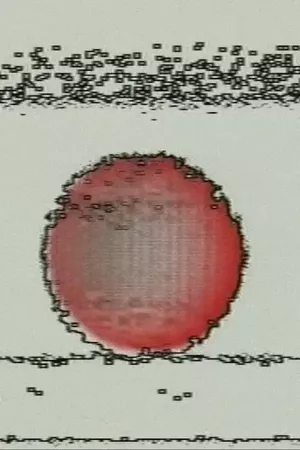

blinq
In film and related audiovisual forms according to Michel Chion the relationship between sound and image is primarily vertical, and the former tends to play a secondary role. This same applies, though inversely, to music videos, in which the musical structure sets the rhythm of the editing and all motion in general, regardless of the freedom of the images themselves. blinq questions such audio-visual relationships in a radical way. Billy Roisz had 10 musicians from Austria, Germany and Japan produce short electronic sound files. These fragments, some lasting only a few seconds, were then transformed into visual patterns by means of feedback loops which function as electro-acoustic impulses and then further manipulated.